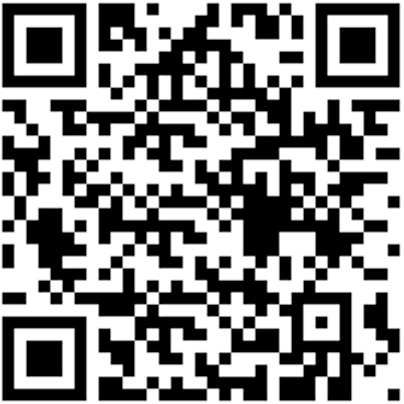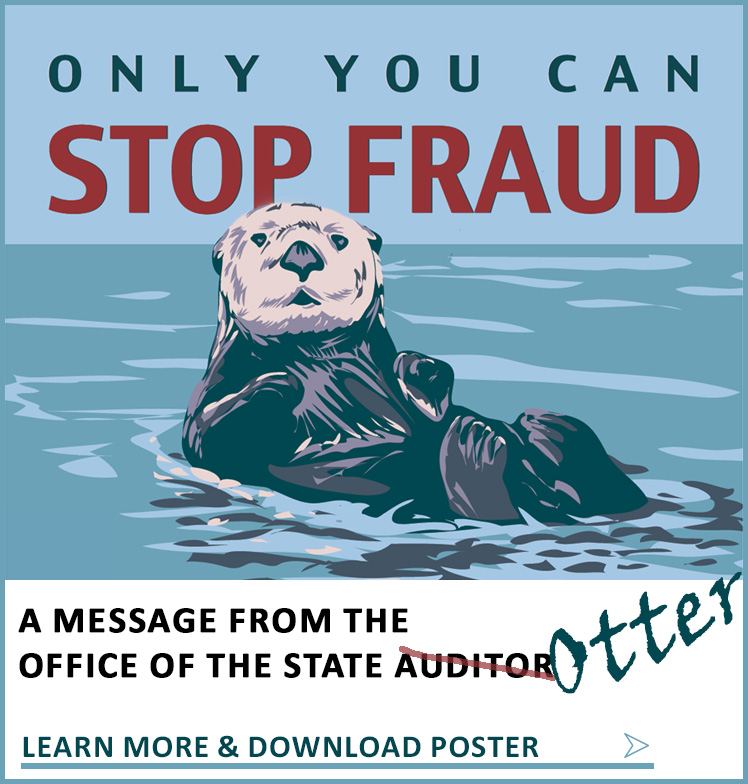The University of Colorado Principles of Ethical Behavior and the system-wide Code of Conduct reflect the university's commitment to creating and sustaining a work environment in which the university's affairs are conducted ethically, professionally, and according to applicable laws, regulations, and university policy. Members of the university community are expected to report known or suspected violations of law or policy to designated offices or through available mechanisms.
Report Fraud, Theft, Embezzlement, Abuse or Waste of University Resources
Fiscal misconduct involves a deliberate act or failure to act intended to obtain unauthorized or unlawful gain. The primary factor that distinguishes fiscal misconduct from error is the intent of the person taking the underlying action. Under university policy, fiscal misconduct is defined to also include attempted fiscal misconduct.
If you are an employee of the University of Colorado, you are obligated by university policy to promptly report incidents of known or suspected fiscal misconduct and fraudulent acts, whether by members of the university community or by outside parties in connection with university business. The Department of Internal Audit has the primary responsibility for coordinating the initial assessment, investigation, and internal reporting of alleged fiscal misconduct.
For more information, see Board of Regents Policy 13-E Fiscal Misconduct and the university Administrative Policy Statement 4012: Fiscal Misconduct Reporting.
Options for Reporting Fiscal Misconduct and Other Concerns
Contact the Department of Internal Audit
Report fraud, theft, embezzlement, abuse, or waste of university resources directly to the Department of Internal Audit in person, in writing, via telephone, or email.
Office: 1800 Grant St., Suite 600, Denver, CO 80203-1148
Phone: 303-837-2205
Email can be directed to the Associate Vice President/Chief Audit Executive
or the Director of Investigations.
File a Report through CU EthicsLine
CU EthicsLine was established by the Board of Regents to provide a simple, anonymous way to report concerns involving fiscal misconduct, violations of state or federal law, serious or recurring violations of university policy, gross waste of university funds or property, or other suspected misconduct. This reporting resource is hosted by an independent third party (NAVEX) and monitored by the Department of Internal Audit. Retaliation against those who report in good faith is prohibited.
CU EthicsLine:
File a report online: cu.edu/ethicsline
Call toll-free: 1.800.677.5590
File a report on your digital device:

CU EthicsLine is not a substitute for and should not be used to fulfill certain mandatory reporting obligations established by law or university policy. For example, responsible employees must promptly report allegations of protected-class discrimination, harassment, or sexual misconduct to the campus Title IX Coordinator or designee. See Administrative Policy Statement 5014: Sexual Misconduct, Intimate Partner Violence, and Stalking and campus-based discrimination policies for CU Boulder, UCCS, and CU Denver|Anschutz Medical Campus.
CU EthicsLine is NOT a 911 or Emergency Service: Report events presenting an immediate threat to life or property to 911 or the campus police.
File a Report through the State of Colorado Fraud Hotline
The Office of the State Auditor maintains a Fraud Hotline to receive reports about occupational fraud, a situation in which a state employee or contracted individual may be using their position or access as an employee or contractor to commit fraud against the State or others. Reports made through this resource are referred to the affected state agency – in this case the University of Colorado – which is responsible for determining and taking appropriate action to respond to the reported concerns.
Colorado Office of the State Auditor Fraud Hotline
File a report online: https://leg.colorado.gov/content/osa-fraud-hotline-form
File a report by email: osafraudhotline@coleg.gov
Call: 303.869.3020
What if I am concerned that I will be retaliated against for speaking up?
Under university policy and applicable law, any university employee or contractor who reports known or suspected violations of law or university policy in good faith is protected from retaliation.
Specifically, Colorado law provides that an appointing authority or supervisor may not initiate or administer any disciplinary action against a public employee (C.R.S. Title 24, Art. 50.5 ) or private contractor (C.R.S. Title 24, Art. 114 ) for disclosing information unless the reporting individual knows the information is false (or the disclosure is made with disregard for the truth or falsity of the information) or the information disclosed is confidential under other applicable law.
Several federal laws and programs also provide "whistleblower protection" to individuals who report concerns, including but not limited to protections for those who disclose information they reasonably believe to be evidence of gross mismanagement of a federal grant or contract, waste of federal funds, or similar concerns.





